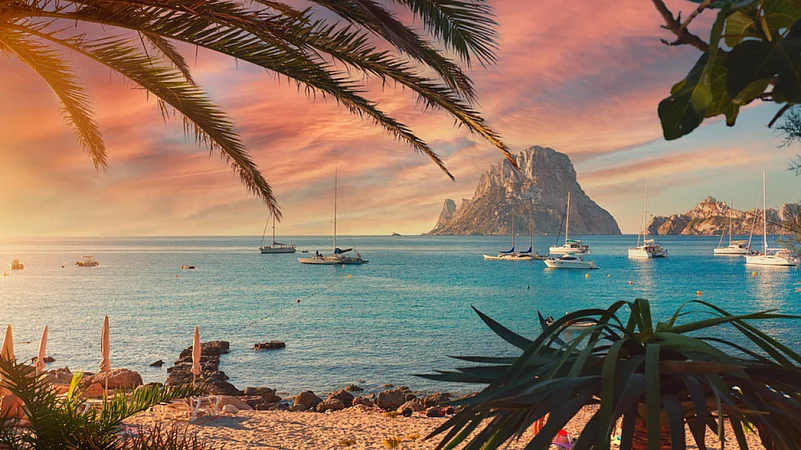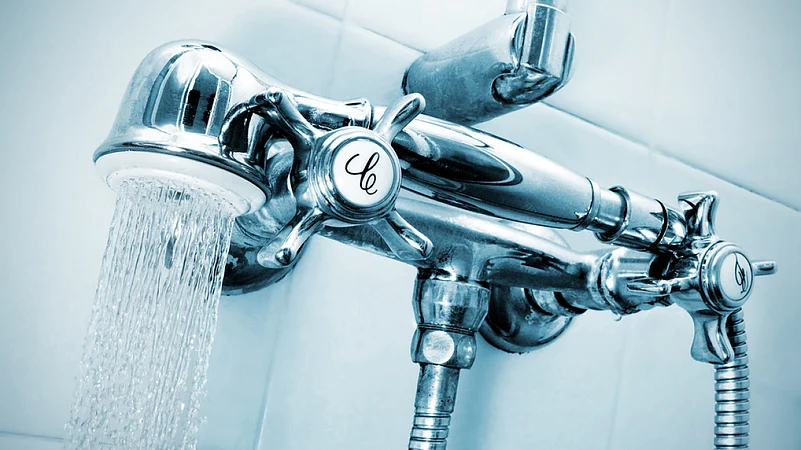Keeping in mind the close association of travel and sustainability, the Balearic Islands have a new tourism strategy in place, beginning 2022. A strategy that focusses not only on the economic growth but also keeps in mind sustainable practices that will go a long way.
Home to smaller individual islands and renowned tourist destinations — such as Ibiza, Mallorca and Formentera — the Balearic Islands are a Spanish archipelago with Palma as its capital. Deeply committed to sustainability the islands’ has come up with certain major changes in its tourism policies for hospitality units as well as tourism related businesses. According to recent reports, the goal of the islands is to innovate in such a way that the destination becomes fully ‘sustainable’ and ‘circular’.

“The tourism sector in the Balearic Islands is primarily interested in continuing to adopt cutting-edge tourism innovation, enabling the advancement of a transformation which has been in the running for some time,” said the Islands’ President Francina Armengol.
Aiming at an inclusive and sustainable economic growth, the new regulations will require all businesses to have a circulatory plan, including aspects like nutrition, water-use, waste and clean energies.
How will it affect your next vacay?
As the new laws take shape, here is how your next island vacay will be affected:
- Travellers will have a more transparent understanding of a property’s sustainable practices. The new laws will classify hotels with a system of rating to show which properties follow and embrace a more sustainable approach, hence enabling the travellers to make a more informed choice based upon scores for sustainability measures such as using renewable energy or consumption optimisation systems.
- The new law makes it mandatory for hospitality units to install double-push buttons and water-saving devices. Hence, travellers will spot installations of double-push buttons in toilets along with water-saving devices installed on wash basins, bathtubs and shower heads.

- Water saving devices will soon be installed for shower heads
- Hospitality units will also have to move towards the usage of rainwater (a factor that will also be kept in mind while classifying establishments), along with keeping a check on their water consumption.
- When it comes to energy consumption the hospitality units along with other tourism businesses such as bars, will have to make a shift to oil boilers for natural gas or electric ones, which should emit less than 57,600 kilos of CO2 per establishment every year. However, this should not affect the stay gravely but it totally depends upon the kind of accommodation one chooses.
- In order to prevent excess waste material, hospitality units also have to do away with single-use bathroom amenities, which means no travel-sized shampoos, conditioners, moisturisers etc. But, on the brighter side, it does mean the availability of large bottles which will always be stocked and will not require multiple calls to housekeeping for replenishment.
- There will also no more paper handouts. The new laws require units to go digital all the way by replacing paper with QR codes.This points towards app-based check ins/outs, digitally filling out pre-requisite forms. Looks like the constant struggle to find a pen will be tossed out the window now.

- Representative Image: Shoppers in a fish market in Spain
- When it comes to the culinary world, travellers will have an option to sample and engage with the local and seasonal produce. The new laws prohibit the use of endangered species as food, and compulsorily require tracing the Balearic fish and seafood.





















